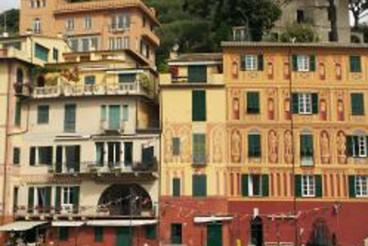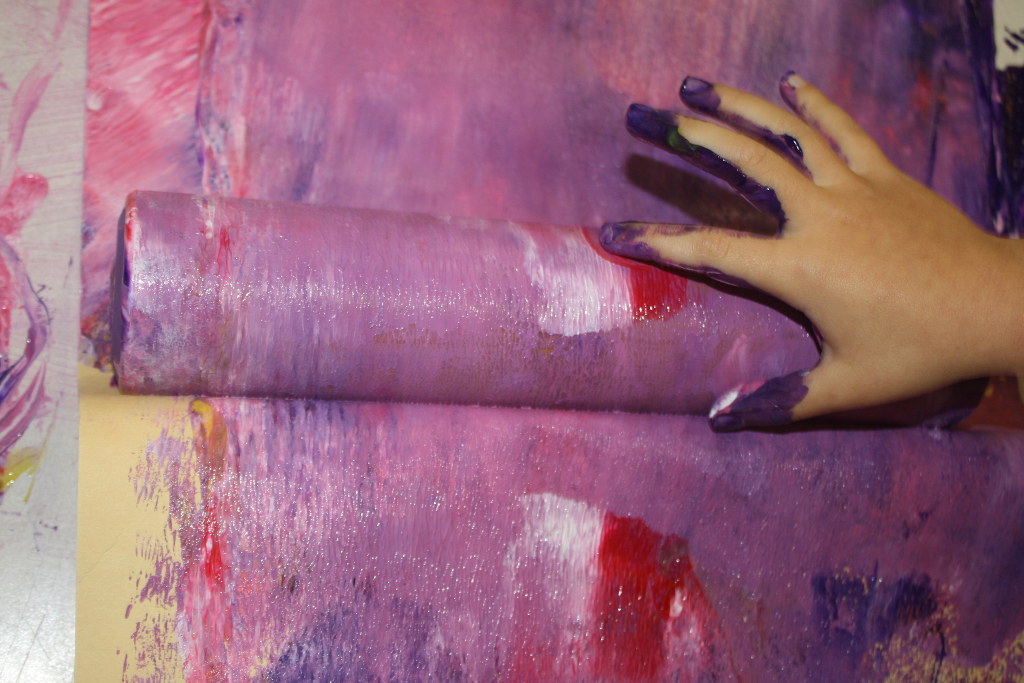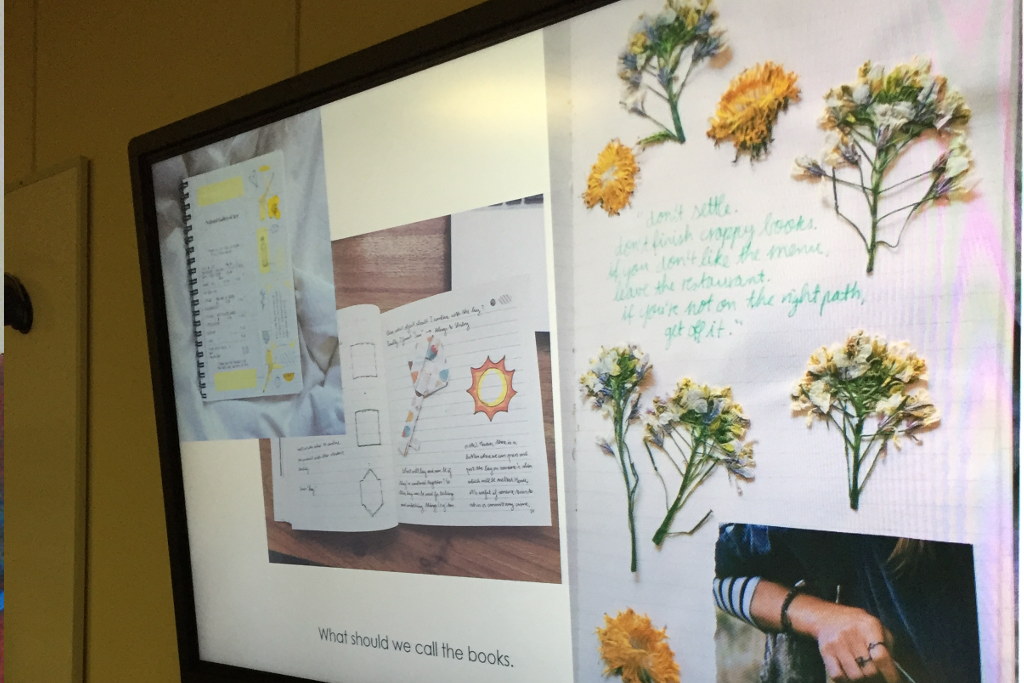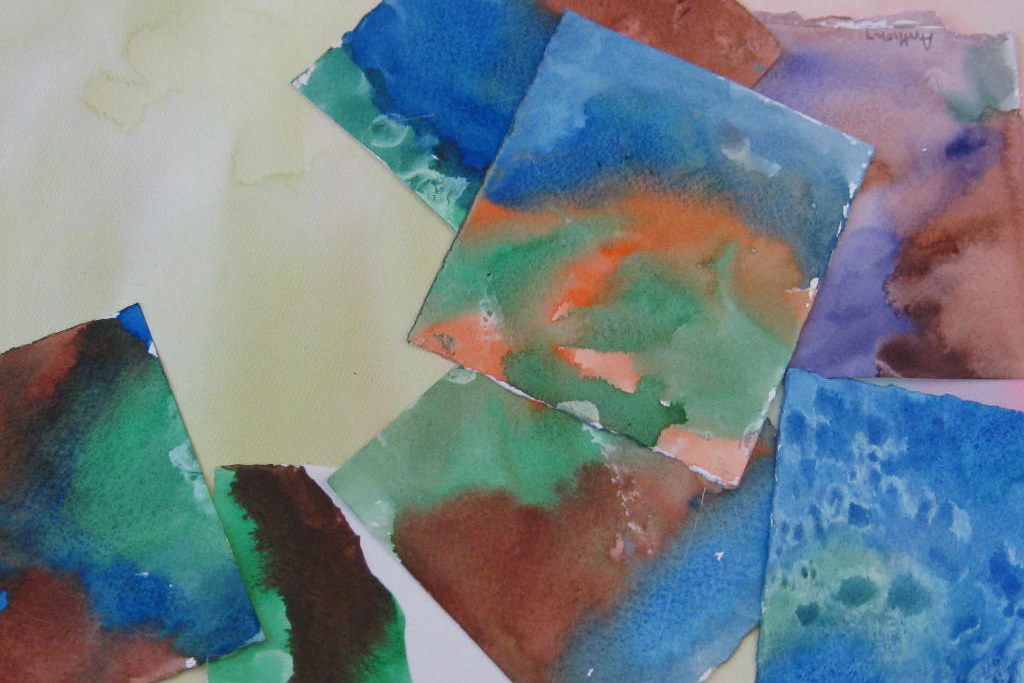
Notes from Reggio: Seeing and re-seeing
How do we move forward in our work?

(Notes from lecture by Maddelena Tedeschi) ‘Loris Malaguzzi wove together politics and culture, and was capable of ‘seeing beyond the wall.’ He combined scientific rigour with political perserverence.’
This statement from Maddelena led me to think about how politics, both local, provincial and federal, affect our daily practice with children. From local licensing regulations to lack of funding or a national childcare plan, we all struggle to find the time to fight the political fight – and become discouraged with these seemingly everlasting challenges. The educators in Reggio Emilia, I found, have similar challenges. They too have to make interpretations of regulations that they don’t particularly like, and find creative ways to work within some challenging systems. They perservere.
Malaguzzi’s attitude of ‘seeing beyond the wall’ is an inspiring one, and one that provokes me to think about not only politics and regulations and ways of addressing those challenges, but also our daily lives with children. Many people in Canada and the U.S are finding inventive ways to see beyond the wall, to circumvent barriers, to create responsive and original programmes that children deserve, and to keep inspiring others. They too, persevere. In the last month, I have met not one but two courageous Canadian women who have mortgaged their homes and used their life savings to create schools where children are free to learn in new and exciting ways.
And how, when our schools or classrooms are in place – often after considerable struggle and risk – do we ensure that our programme is everything that we say it is? How do we ensure that we are making our values not only visible to the wider community, but that these values are evolving and deepening through regular re-examination and reflection?
Perhaps the answer lies in not only constantly evaluating and modifying approaches, but also evaluating how and what – as educators – we are learning. One of the many things that impressed me about Reggio educators and presenters was their knowledge of philosophy. They not only reflect back to their favourite theorists, but also read a great deal of philosophy and think about how these philosophers’ views might affect their current teaching practices. Some educators also studied art, particularly design, or created ‘living ateliers’ in response to their respect for nature. When passion exists, even outside of our own field, it can only enrich and deepen our practices with children.
How about if, instead of ‘seeing what we know,’ (i.e. tending toward the familiar), we look to wider horizons to extend our points of view, to see more, to re-search? What and where might these horizons be? Whose work, besides the familiar – might influence the way we grow as teachers? Social media is a powerful way to tell our stories, but also to share our influences: Who influences you? What have you read recently, outside of our field, that might have relevance for us? I’m hoping to hear from you….
2 thoughts on “Notes from Reggio: Seeing and re-seeing”
Leave a Reply
You must be logged in to post a comment.









Hi Sue: I just recently read a book by Ian Leslie, ‘Curious’. In this book he talks about how important curiosity is, and how we have to ‘feed’ curiosity with knowledge. He references many people who read widely within their field of knowledge, but also outside their field of knowledge. He also references research that shows that asking questions and being encouraged to ask questions to search for ideas and knowledge as a child ( inquiry based learning – although he does not label it this way) is an indicator of future academic and learning achievement later in life. Many of his ideas echo what we saw and learned in Reggio Emilia and your train of thought above. I am interested to see what others have to say…
Hi there; I”d would love to read this book…lately I’m interested in the formation of good questions – for ourselves, about what we are seeing and are curious about. It can be tricky to articulate our questions, and they are so important in terms of moving foward….’the teacher as researcher’ role depends on our questions!